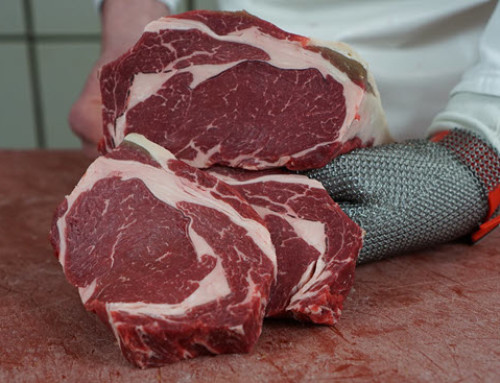Fermented Foods: The Ultimate Guide to Good Bacteria
Bacteria in food? Sounds gross alright.
Will a restaurant advertising “bacteria-filled” food even make a sale? People would probably just forgo this for a popular fast-food chain.
But did you know that you may be better off eating some kinds of bacteria-laden food rather than munching on a bowl of fries? You see, there are two kinds of bacteria- the good and the bad.
While you want to kill the latter with an antibacterial agent right away, you need to have as much as you can of the good kinds. One of the best sources of good bacteria are fermented foods.
Fermented Foods? What are they?
Fermentation is the process by which organic substances are transformed into simpler compounds. This is made possible with the use of catalysts such as yeasts, molds or bacteria. Fermented foods are often described by food enthusiasts as having a “unique taste” or a cross between fresh and rotten.
They will not usually say that it’s delicious but some of the expensive delicacies of today have undergone fermentation, producing exotic tastes. The process of fermenting foods dates back to almost 8,000 years ago. Our ancestors developed this by chance and some even associated this with a divine intervention.
Bacteria was not a known phenomenon back then but what our ancestors did notice was the energy they had from consuming fermented foods.
Fermented Delicacies
Foods on your shelf may not be labelled as such but some of these have undergone fermentation. Coffee beans for example are exposed to natural yeasts and bacteria when air dried, adding richness to its flavor. That wine served while you were dining out in an expensive restaurant are crushed grapes treated with yeast just like the beer you share with your buddies.
Other fermented products that could be easily acquired in the supermarket are yogurt, bread, pickles, cheese, chocolate, tea, and salami. Each country have their own variety of fermented foods. For example, Korea is known for its kimchi, China for century egg and miso for Japan.
Health Benefits
 The most popular reason why fermented foods are recommended by experts is because these are rich in lactobacilli. How can this be beneficial to your health? Contrary to common belief that the presence of lactobacilli is only beneficial for the gut, the discovery of Guts and Physiology syndrome (GAPS) established a connection in digestive processes affecting the way the brain works.
The most popular reason why fermented foods are recommended by experts is because these are rich in lactobacilli. How can this be beneficial to your health? Contrary to common belief that the presence of lactobacilli is only beneficial for the gut, the discovery of Guts and Physiology syndrome (GAPS) established a connection in digestive processes affecting the way the brain works.
The overall health of digestive system has been linked to neurological and psychiatric conditions like dyslexia, schizophrenia, OCD, and the like.
Other conditions that may be experienced with GAPS are colds, allergies, auto-immune diseases, obesity, infertility and other common illnesses. By improving intestinal flora through consuming fermented foods, you improve your chances of fighting these diseases.
Are There Risks Involved?
Not all fermented foods are considered healthy. An example of this is pickled foods which according to the World Health Organization could be a carcinogen.
Talk to your physician which of these could be safely consumed. But for most of the fermented foods out there-are you brave enough to take a sip or a bite on bacteria for a healthier you?
Food Failures, How to Spoil your Food and Eat it Too![/su_note]






Leave A Comment